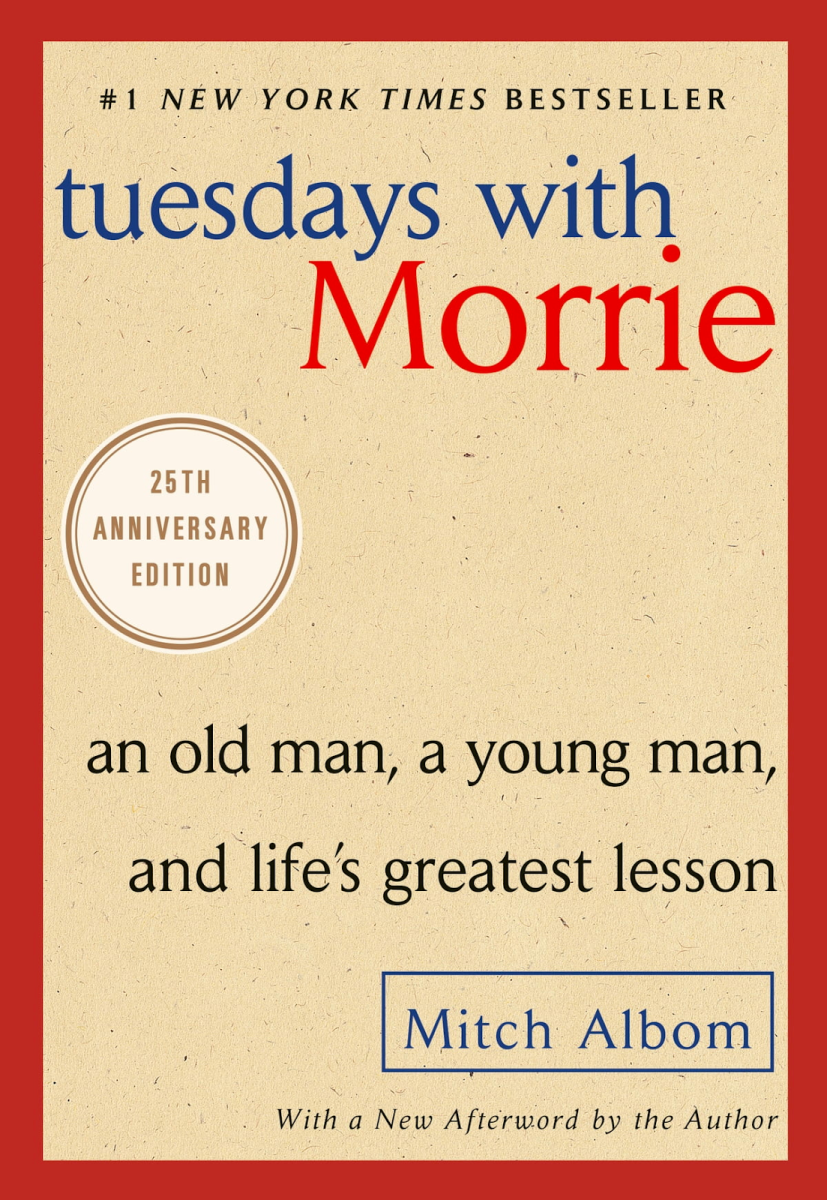Feeling stressed? Write about it!

Every day is a new challenge for each and every one of us: be it work, school, family, or just life in general, let’s be honest, stress can present itself in an endless number of ways. Many underestimate the importance of mental health, yet worry can really play a huge toll on students, teachers and parents alike.
Moving schools, I changed many aspects of my life — my routine, my friends, my teachers — yet there is one habit I kept: writing.
One thing you need to know about my previous institute: the environment was bad, like really bad, to the point where “bad” is an euphemism. I was often, almost daily, brought to the brim of a mental breakdown by my classmates’ unnerving attitude. This horrendous treatment my friends and I received, however, did have a bright side to it: it introduced me to expressive writing.
Writing may sound like the most boring activity ever — trust me, I thought so too: when I was younger, getting me to even think of a story was a nightmare. Yet, when the anger and sadness started to well up inside me, writing became a daily necessity. As soon as school ended, I would open my laptop and work on one of various stories: the characters I created based on the way I was feeling and the relationships I built for them gave me a sense of control and peace, both of which I greatly lacked during the day. When I moved schools and met such wonderful people that accepted me for who I was, I honestly thought I would drop writing, because I didn’t need it anymore: yet, my passion didn’t abandon me, and here I am, still working on stories and articles!
It turns out that writing about stressful life experiences didn’t only help me cope with the emotional fallout of such events: according to Dr. James W. Pennebaker of Harvard Medical School, this is an effective, recognized stress-relief technique. Dr. Pennebaker asked 46 healthy college students to write about either emotionally intense life events or banal topics for 15 minutes over a four-day period. During the following six months, these subjects visited the campus health center less frequently than those who wrote about inconsequential matters.
More recently, a study by researchers at the University of Chicago found that anxious test-takers who wrote briefly about their thoughts and feelings before taking an important exam earned better grades than those who did not. So, for all my fellow classmates preparing for the IGCSEs and for the Year 13s getting ready for the IB exams: bring a piece of paper with you and, if you feel worried about going into that dreaded exam room, write, write, and write some more!





























